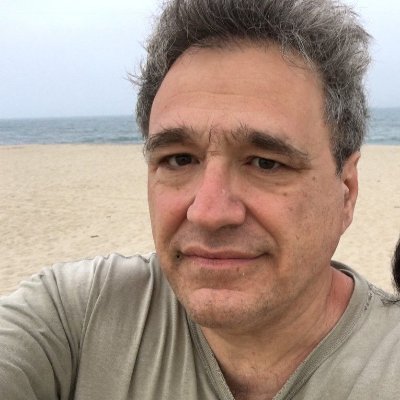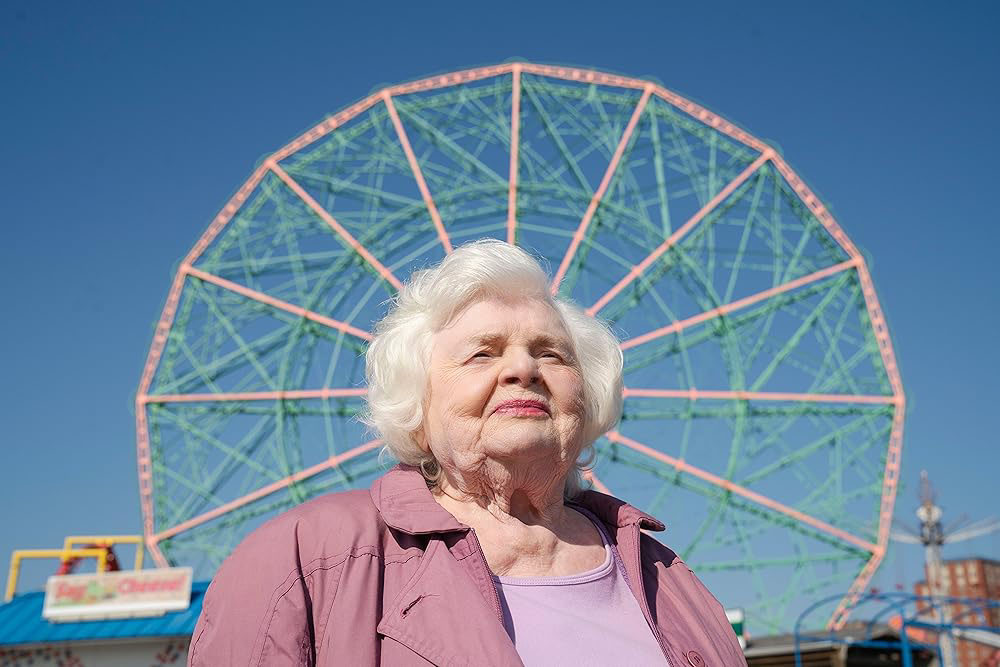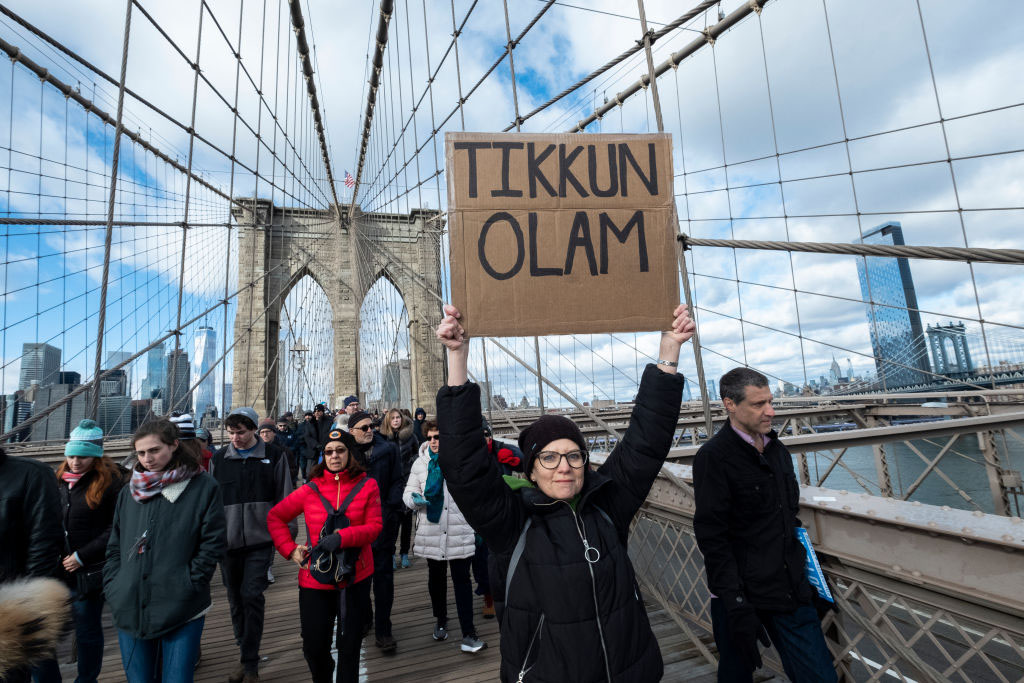The flags dipped at half-staff over the Capitol, the warm remembrances flooded e-mail inboxes, the “Have you heard?” phone calls took a solemn tone.
U.S. Rep. Tom Lantos (D-San Mateo) earned all these tributes. He died Monday of esophageal cancer at the age of 80.
The mourning was not just for a man but for the unique voice of the only Holocaust survivor ever elected to Congress.
| Losing Lantos Means End of an Era
by Mel Levine Tom Lantos was one of a kind. He was the only survivor of the Shoah ever to serve in Congress — and he was fiercely proud of that distinction. No one ever doubted where Tom stood on issues. He was forceful, courageous, eloquent, witty, acerbic, and, as a true American patriot, was also totally committed to the security and survival of the state of Israel and to ending bigotry and intolerance wherever it raised its ugly head. Whether it was human rights in China, or in Tibet, or in any other part of the globe, Tom was an eloquent and passionate spokesman against it. He devoted his life, and his career in Congress, to combating human rights abuses — everywhere — and to protecting and enhancing Israel’s security. And he fought for these causes with a passionate commitment to civil rights and civil liberties. Tom liked to remind people that he fought fascism directly — as a part of the anti-Nazi underground in Hungary. His personal values were forged in that fight — and he never forgot them. He embraced these causes with gusto and with great skill. He was an eloquent debater and an effective strategist. We first became friends during the time in which Tom was fighting for his legislation to make Raoul Wallenberg an honorary American citizen. He made Wallenberg known to the U.S. Congress and to all of America. He ensured that Wallenberg’s courageous intervention, using his Swedish diplomatic post to rescue thousands of Hungarian Jews from the Holocaust, including Tom, would be forever remembered by Americans of all faiths. And Tom’s support for the United States Holocaust Memorial Museum in Washington was indispensable to the strong support the museum obtained from Congress. In these efforts, Tom won the support and praise of Democrats and Republicans alike. As chairman of the House Foreign Affairs Committee, Tom regularly sought and obtained bipartisan support for his passionate efforts. Tom and I worked closely together and forged a close friendship during all of the 10 years in which I served as his colleague on the Foreign Affairs Committee. Together with other dedicated members of that committee — notably Rep. Howard Berman [D-Sherman Oaks], who will now inherit Tom’s mantle as the able leader of that committee — a core group of that committee’s members could always rely on Tom’s wisdom, counsel and active engagement on every matter that was important to the U.S.-Israel relationship. Whether it was an authorization bill, a “Dear Colleague” letter, a resolution of approval or condemnation, an arms sale to a country hostile to Israel or a strategy session late at night which no one ever heard about, Tom’s leadership was always a key component of these efforts to insure that the U.S.-Israel relationship was impregnable. Tom’s partner in life — and in his legislative and political career — was his devoted and extremely effective wife Annette. Annette was always at Tom’s side, in life and in Congress (generally accompanied by their poodle, Gigi, or, subsequently, by their little terrier, Macko [or little bear, in Hungarian]). The pride of Tom’s and Annette’s life, understandably, were their daughters, Annette and Katrina, and their 18 grandchildren. I had the pleasure of serving in the Congress not only with Tom but with Katrina’s husband, Dick Swett, who represented New Hampshire in the House. I am proud to claim the greater Lantos family as friends. Tom’s passing signals the end of an era. There will, in all likelihood, be no more Holocaust survivors serving in the U.S. Congress. But the indelible impression left by Tom will remind Jewish and non-Jewish Americans alike to “Never Forget” and to continue to fight for the causes that Tom cherished and passionately defended throughout his distinguished career. Mel Levine is a former member of the House of Representatives and a partner at the law firm of Gibson, Dunn and Crutcher. |
“We lose a voice for human rights, which was in his case unique,” said Elie Wiesel, the novelist whose own writings have become icons of Holocaust remembrance. “He spoke always against oppression, against persecution, against racism.”
Lantos died at the Naval Medical Center in suburban Bethesda, Md., surrounded by his wife, Annette, two daughters and many of his 18 grandchildren and two great-grandchildren.
“As the only Holocaust survivor to serve in Congress, Tom was a living reminder that we must never turn a blind eye to the suffering of the innocent at the hands of evil men,” President Bush said.
“Having lived through the worst evil known to mankind, Tom Lantos translated the experience into a lifetime commitment to the fight against anti-Semitism, Holocaust education, and a commitment to the State of Israel,” U.S. Rep. Nancy Pelosi (D-San Francisco), the speaker of the House of Representatives, said in a statement.
Sallai Meridor, Israel’s ambassador to Washington, said Israel “lost one of our greatest friends.”
The remembrances of Lantos, the chairman of the House Foreign Affairs Committee, were a kaleidoscope of the human rights causes he championed since his election to the House in 1980.
Wiesel remembered Lantos’ contributions to the building of the U.S. Holocaust Memorial Museum, which Wiesel helped found.
“From the very beginning in Washington he was with us, involved in every step leading to the building of the museum, developing it into a source for archives, learning and teaching,” he said.
Mark Levin, the executive director of NCSJ: Advocates on behalf of Jews in Russia, Ukraine, the Baltic States and Eurasia, focused on Lantos’ role in the 1980s in pressing the Soviet Union to release its Jews. Lantos made several trips to Russia to meet with refuseniks and championed them in Congress.
“He was forthright, compassionate and deeply committed to the cause of freeing Jews from the former Soviet Union,” Levin said.
In 2003 he would found the House’s Human Rights Caucus.
L.A. Mayor Antonio Villaraigosa remembered Lantos’ moral leadership and how he provided a passionate voice for those in need.
“Whether taking the lead on the Israeli-Palestinian conflict, reminding us of our obligation to halt the genocide in Darfur, warning his colleagues about the perils of a nuclear Iran, or speaking out on behalf of new democracies springing up across Eastern Europe, Tom Lantos’ courageous stands and compassionate actions served as an example of principled leadership for each and every political official in the U.S. and around the world,” he said.
Other encomiums came from The American Jewish World Service (AJWS), which has led the Jewish community in pressing for an end to the genocide in Sudan; the American Israel Public Affairs Committee, which praised his steadfast support for Israel and his tough stance on Iran; and the Jewish Council for Public Affairs (JCPA), which commemorated his contributions to social welfare at home.
Adding their remembrances were the United Jewish Communities, B’nai B’rith International, the Anti-Defamation League, the World Jewish Congress, the Reform movement’s Religious Action Center, Hadassah and Americans for Peace Now.
The Democratic National Committee (DNC) remembered Lantos’ service to his Silicon Valley district.
“In serving his constituents and his country, Tom never forgot the Democratic Party’s ideals of freedom, fairness and opportunity for all,” the chairman of the DNC, Howard Dean, said in a statement.
Lantos was not afraid to take on his allies. On the foreign affairs committee, he blasted Silicon Valley giants like Google and Yahoo for colluding with China’s government in censorship. He authored tough Iran sanctions legislation, but broke with pro-Israel orthodoxy by offering to meet with the Islamic Republic’s leaders.
Pro-Israel groups also opposed a nonbinding resolution that recognized the Ottoman-era massacres of Armenians as a genocide, worried that it would cause a rift between Israel and Turkey. Lantos pushed the measure through the committee, unwilling to countenance what he saw as genocide revisionism.
His appeal crossed political aisles: Both the National Jewish Democratic Council and the Republican Jewish Coalition issued statements mourning his passing.
Top Republicans on his committee recalled him fondly.
“An unfailingly gracious and courageous man, Tom was recognized by friends and colleagues alike as a leader who left an enviable legacy of service to his country,” said Rep. Ileana Ros Lehtinen (R-Fla.), the committee’s ranking member.
The campaigns of the two Democrats left in the presidential field, U.S. Sens. Barack Obama (D-Ill.) and Hillary Rodham Clinton (D-N.Y.) also released statements mourning his passing.
Lantos was 16 in 1944 when the Nazis invaded his native Hungary; his Web site tells of his fighting in the anti-Nazi underground.
In 1947 he came to the United States to study. Lantos was a noted economist and consultant prior to his House election in 1980.
Expressions of his love for his adopted country were as constant as his defenses of human rights.
“It is only in the United States that a penniless survivor of the Holocaust and a fighter in the anti-Nazi underground could have received an education, raised a family and had the privilege of serving the last three decades of his life as a member of Congress,” he said in his statement last month announcing his retirement. “I will never be able to express fully my profoundly felt gratitude to this great country.”
Lantos, Wiesel said, died too young — even at 80, even after serving nearly three decades in public office. He noted that Lantos only ascended to the committee chairmanship in 2006 after Democrats regained Congress.
“He had influence,” Wiesel said. “He would have had more had he lived.”


































